Monday, Oct. 11, 2021 at 11 p.m. on KPBS TV / On Demand
A powerful exploration of a pivotal yet largely unknown chapter in the struggle for LGBTQ+ equality, Patrick Sammon and Bennett Singer’s award-winning documentary “Cured” shines a light on the campaign that led the American Psychiatric Association (APA) to remove homosexuality from its manual of mental illnesses.
Praised as “fascinating” by the Hollywood Reporter, “striking” by USA Today, and “astonishingly rich … one of the best documentaries of this or any year” by the British Film Institute, “Cured” will make its U.S. broadcast debut and open the fall season of PBS’ INDEPENDENT LENS on Oct. 11, 2021 — National Coming Out Day.
In 1973, the APA made the landmark decision to remove homosexuality from its Diagnostic and Statistical Manual of Mental Disorders (DSM), which had classified same-sex attraction as a “sociopathic personality disturbance” in its first edition, published in 1952.
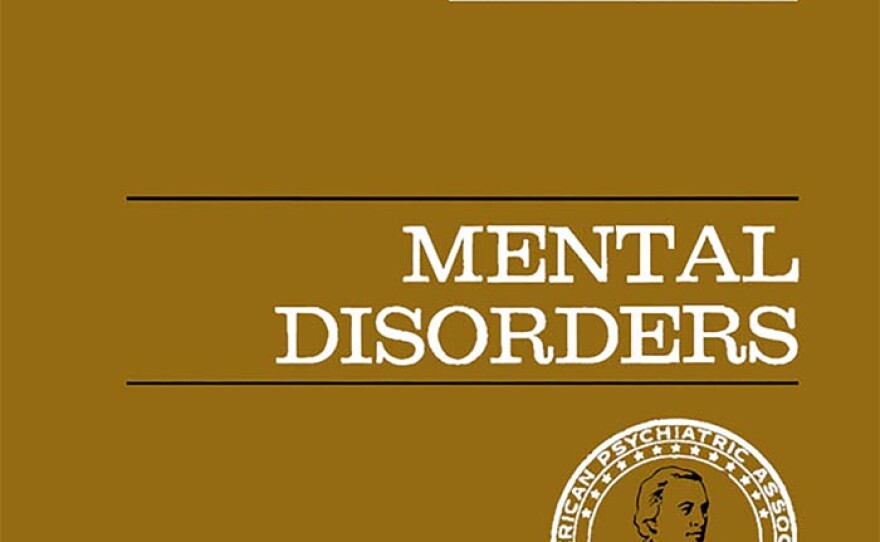
The psychiatric establishment deemed homosexuality a condition to be “cured,” and — in addition to intensive talk therapy — members of the LGBTQ+ community were subjected to cruel treatments including electroconvulsive therapy, aversion therapy, and in extreme cases, castration and lobotomies.
Facing these “cures” and widespread stigma, many gay people were afraid to come out, and the APA’s “scientific” diagnosis was often used to justify discrimination and persecution. “Cured” offers viewers an inside look at the inspiring movement behind this momentous 1973 decision to remove the DSM classification and the pioneering activists who took on a formidable institution and, against the odds, emerged victorious.
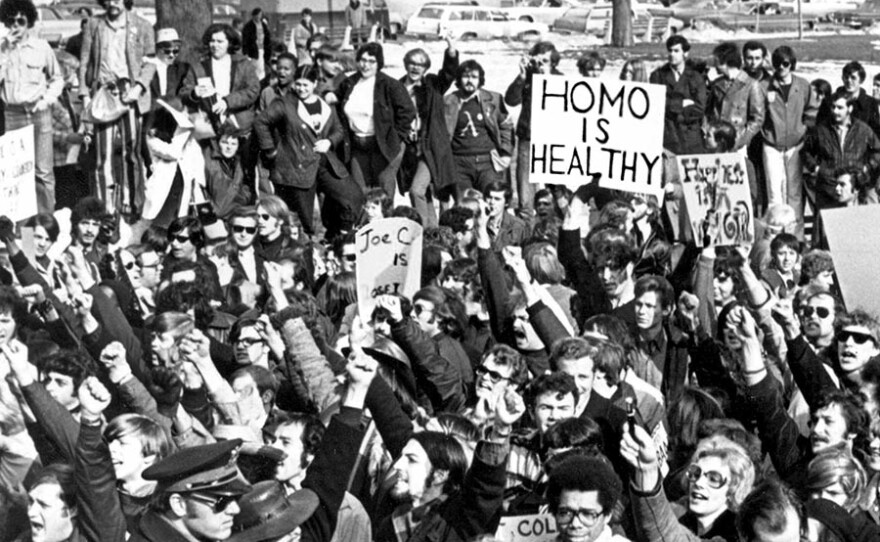
The activists’ mission was not only to overturn the official diagnosis, but to create a meaningful dialogue that would challenge deep-rooted prejudices and transform minds. During these discussions, activists pressed the APA to examine evidence and data, urging psychiatrists to move beyond what activist Dr. Frank Kameny called the “shabby, shoddy, sleazy pseudoscience masquerading as science” that underlay the sickness label for homosexuality.
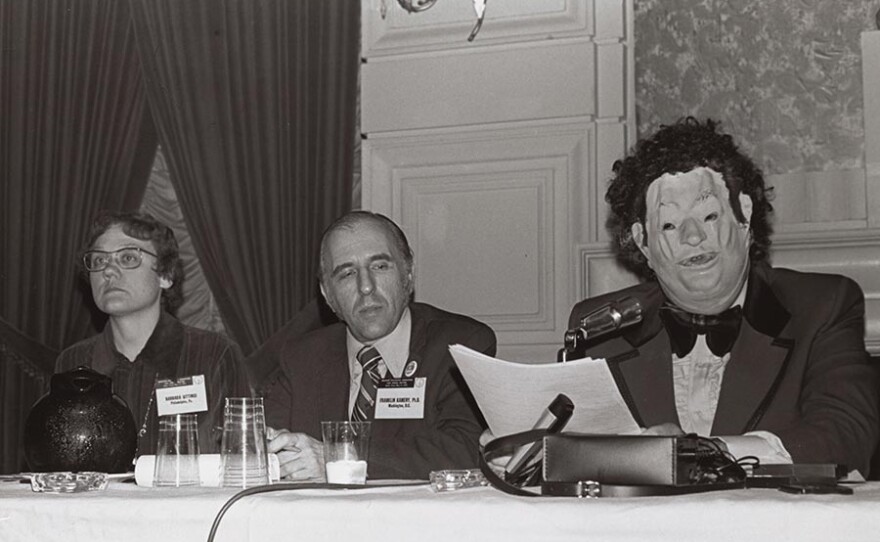
“Cured” features rich, newly unearthed archival footage and incisive interviews with the people who experienced these events firsthand, including the pioneering LGBTQ+ activists Ron Gold, Dr. Lawrence Hartmann, Dr. Frank Kameny, Rev. Magora Kennedy, Kay Lahusen, and Dr. Charles Silverstein, among others, as well as allies and opponents within the APA.
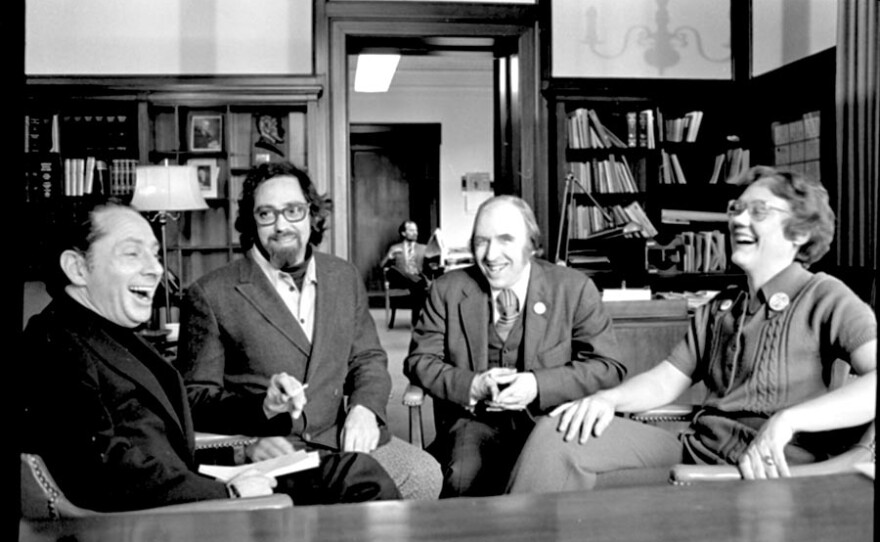
The filmmakers also interviewed Richard Socarides, an openly gay political commentator and advocate for LGBTQ equality who is the son of Dr. Charles Socarides, the leading proponent of the view that homosexuality is a curable mental illness.
“Cured” illuminates a pivotal moment in the Gay Liberation movement that transformed not only the LGBTQ+ community, but also the field of psychiatry and the social fabric of America — propelling a revolution that is still reverberating today.
“Cured” provides vital historical context for the ongoing debate about conversion therapy, a harmful practice that aims to “cure” gender identity or sexual orientation through psychological or faith-based interventions. Although conversion therapy has been discredited by the APA and other major medical organizations, it remains legal for minors in 30 states.
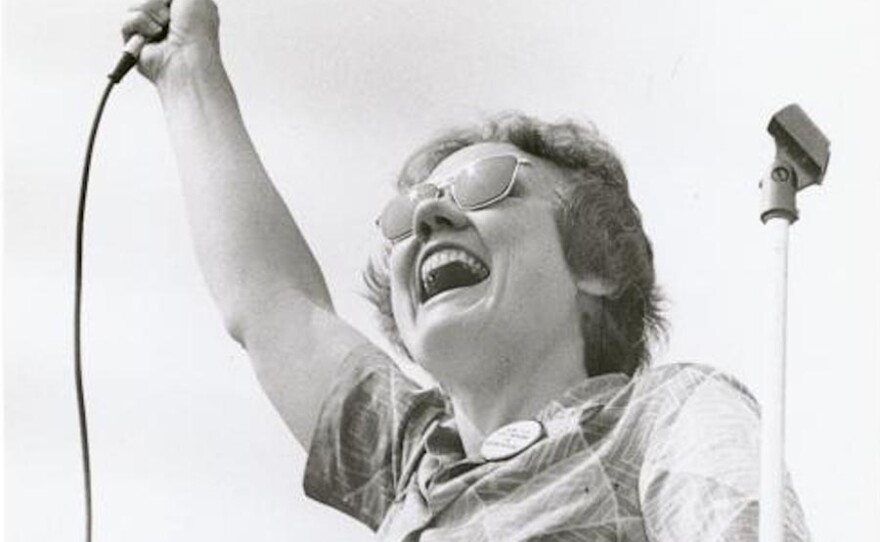
“This was a seminal moment in the fight for LGBTQ equality and a story that had not been told before in film,” says co-director Patrick Sammon. “We put more than five years of research and production work into this project and had the great privilege of interviewing many of the key people who were direct catalysts for this groundbreaking change. Five of our interviewees have passed away, so we see this film as a testament to their courage and persistence.”
“We’re thrilled that the broadcast premiere is taking place on National Coming Out Day — the perfect moment to remind the world that for LGBTQ people, coming out represents an incredibly powerful form of activism,” adds co-director Bennett Singer. “Even though this is a story from history, its lessons remain profoundly relevant today. This is a film about the process of bringing about lasting, systemic social change.”
“Our films this fall honor individuals whose determination in the face of challenge reflect major issues impacting our nation and our world, and our goal is always to inspire meaningful conversations around timely and often challenging issues,” said Lois Vossen, executive producer of INDEPENDENT LENS. “Cured gets to the very core of this, shining a light on the inspiring LGBTQ+ activists who went up against a powerful institution and used open dialogue to create immense change, the impact of which is still felt today. I can’t think of a more appropriate film to open this new season.”
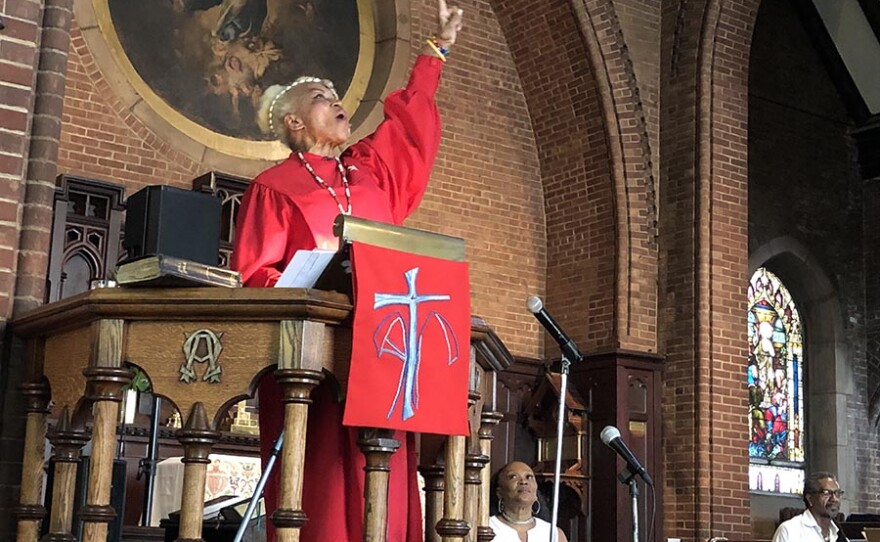
Watch On Your Schedule:
With the PBS Video App, you can watch your favorite and local station shows. Download it for free on your favorite device. The app allows you to catch up on recent episodes and discover award-winning shows.
Films are available on demand for a limited time after broadcast. Extend your viewing window with KPBS Passport, a benefit for members supporting KPBS at $60 or more yearly, using your computer, smartphone, tablet, Roku, AppleTV, Amazon Fire or Chromecast. Learn how to activate your benefit now.
Join The Conversation:
"Cured" is on Facebook + Instagram + Follow @cureddoc on Twitter #CUREDdocumentary
INDEPENDENT LENS on Facebook + Instagram + Follow @IndependentLens on Twitter
Awards:
The film has received numerous accolades, including the Audience Awards for Documentary Feature at Frameline 44: The San Francisco International LGBTQ+ Film Festival (the world’s oldest and largest LGBTQ film festival), at NewFest 2020: The New York LGBTQ Film Festival, and at 2020 ImageOut: The Rochester LGBT Film Festival; the Jury Award for Best Documentary Feature at Out at the Movies International Film Festival; and a $50,000 award in the 2020 Library of Congress Lavine/Ken Burns Prize for Film.
Credits:
Producer / Directors: Patrick Sammon and Bennett Singer. Executive Producers: Sally Jo Fifer, Mel Heifetz, Jeff Nalin, Cole Rucker, Andrew Tobias and Lois Vossen. Co-Producers: Mridu Chandra, Julianne Donofrio, Joel Greenblatt, Assaf Mor, Christopher Racster, Ted Snowdon & Duffy Violante. Editor: Steve Heffner. Director of Photography: Sam Henriques. Music by Ian Honeyman.





